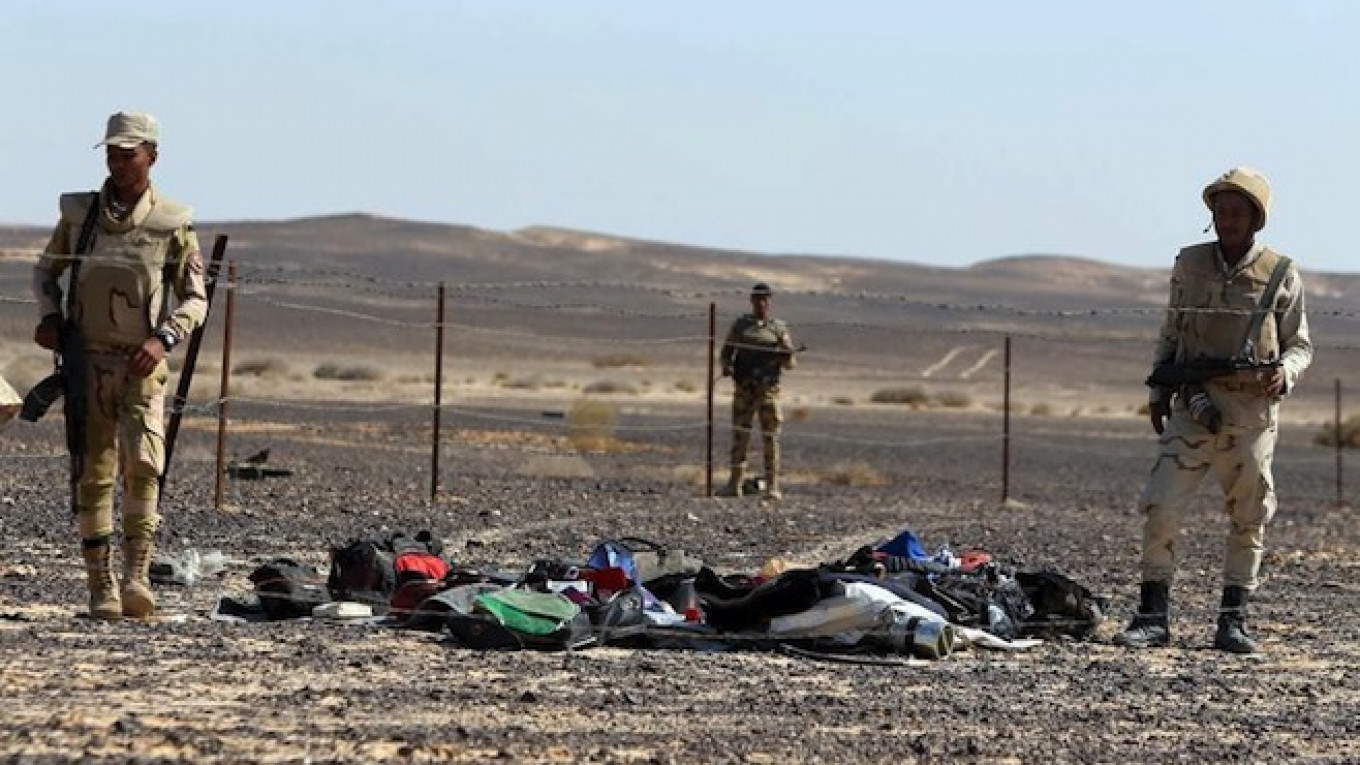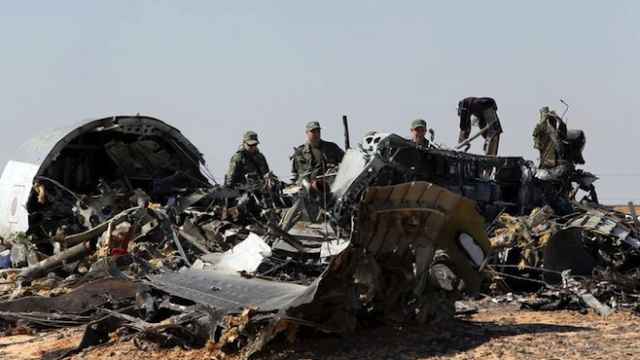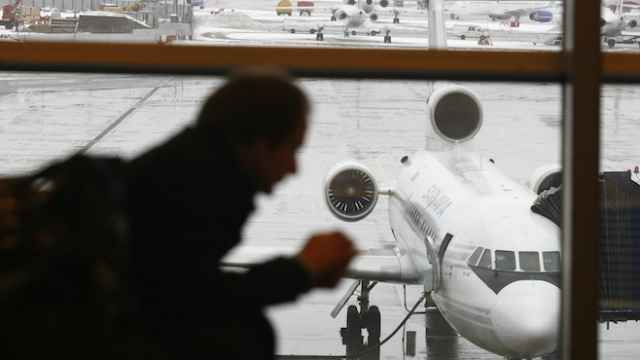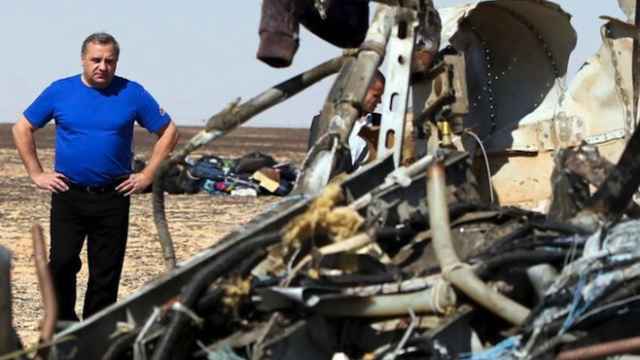More than 100 bodies of the 224 Russians killed on Metrojet Flight 9268 in Egypt on Oct. 31 have been identified by forensics experts, deputy Prime Minister Olga Golodets said Monday.
“All our leading experts, including forensics, are in St. Petersburg … as far as I understand the identities of over 100 people have been established,” Golodets said, Interfax news agency reported.
Metrojet Flight 9268 crashed over the Sinai Peninsula after what appears likely to have been the explosion of a bomb on board, and news reports suggest that most of the bodies were blown apart or disintegrated in mid-air.
Russia suspended all flights to Egypt last week because of safety concerns.
On Sunday, a fourth Russian government plane carrying victims' body parts and the personal belongings arrived in St. Petersburg, the destination of Flight 9268 and where many of its passengers were residents, according to the TASS news agency.
Funeral services for those killed began last week and are expected to continue with the burial of the captain and crew of the aircraft later this week.
On Sunday, relatives and friends of the victims gathered in St. Petersburg's St Isaac's Cathedral for a memorial service to mark nine days since the disaster, during which the cathedral's bells rang 224 times — once for each of the victims.
Russia is currently sending empty planes to evacuate tens of thousands of tourists from Egypt's Red Sea resorts. About 11,000 people had been flown back to Russia, Deputy Prime Minister Arkady Dvorkovich told Russian media Sunday. Returning passengers are only allowed hand luggage on return flights and larger suitcases are being flown to Russia in separate aircraft.
A Message from The Moscow Times:
Dear readers,
We are facing unprecedented challenges. Russia's Prosecutor General's Office has designated The Moscow Times as an "undesirable" organization, criminalizing our work and putting our staff at risk of prosecution. This follows our earlier unjust labeling as a "foreign agent."
These actions are direct attempts to silence independent journalism in Russia. The authorities claim our work "discredits the decisions of the Russian leadership." We see things differently: we strive to provide accurate, unbiased reporting on Russia.
We, the journalists of The Moscow Times, refuse to be silenced. But to continue our work, we need your help.
Your support, no matter how small, makes a world of difference. If you can, please support us monthly starting from just $2. It's quick to set up, and every contribution makes a significant impact.
By supporting The Moscow Times, you're defending open, independent journalism in the face of repression. Thank you for standing with us.
Remind me later.






